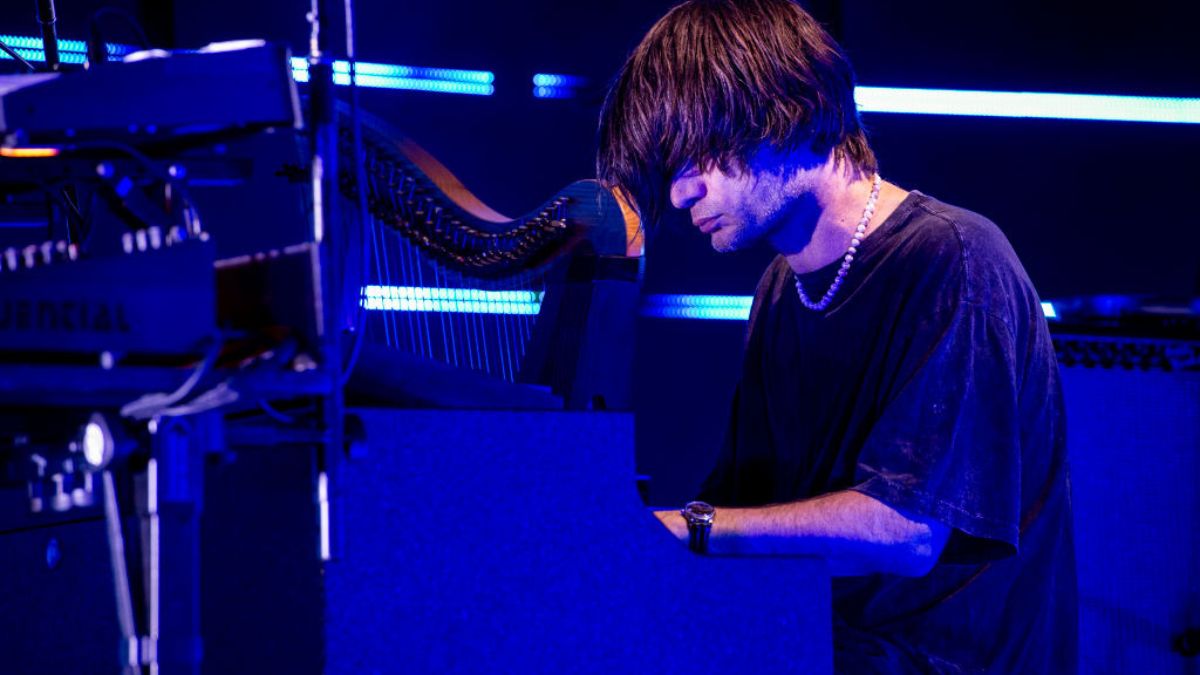
Taunting long-standing stereotypes naturally built into a character archetype that has long brought you success, and has helped build your reputation, can be a risky move for well-established actors. But Academy Award-winning actor Robert De Niro daringly embraced the bold misunderstandings and confrontations with his latest portrayal of an unrelenting Mafia boss and his unsuspecting neighbors in director Luc Besson’s new action crime comedy, The Family. The actor effortlessly ridicules the ease and comfort his character takes in harming those who have wronged him, but also those characters around him who unquestionably take him at his word that he’s an upstanding citizen.
The Family, which is based on the book Badfellas by Tonino Benacquista, follows former Mafia boss Giovanni Manzoni (Robert De Niro) and his family as they’re relocated to a small town in France. The family is put into the Witness Protection Program, after he turns in his former associates to the American government. Despite the best efforts by Agent Stansfield (Tommy Lee Jones) to keep them in line, Giovanni, who changes his name to Fred Blake, along with his wife, Maggie (Michelle Pheiffer), can’t help but handle their newfound problems the old-fashioned family way. Chaos ensues for Fred, Maggie and their two teenage children, Belle (Dianna Agron) and Warren (John D’Leo), as their former Mafia connections try to track them down and settle the score.
De Niro, Pheiffer, Agron and D’Leo generously took the time recently to talk about filming The Family during a press conference at New York City’s Mandarin Oriental Hotel. Among other things, the cast discussed how they all learned from each other’s acting abilities while filming on the set, and how De Niro’s involvement with Goodfellas, and his relationship with Martin Scorsese, helped influence the actors’ insights into, and portrayals of, their characters.
Check out the full interview below!
What was it about this film that appealed to each of you, and what is it about dark themes that you find appealing?
Robert De Niro: Everyone’s always interested in a dark theme, especially when there’s humor connected to it. It seems like that helps, if that’s an integral and organic part of the whole story.
Dianna Agron: Escapism. I’m sure almost no one will say that they relate to the themes of this movie. So you go to the movies to laugh, and see things that you don’t normally see in real life.
John D’Leo: I think this film has a lot of different elements. It’s going to be a good package, so I think audiences are really going to like it.
Michelle Pfeiffer: It’s about what’s taboo. In civilized societies, we spend our lifetimes trying to become what’s socially acceptable. We’re dark and we’re light, and we all have both sides to us.
We’re sort of living vicariously through these characters on screen. Especially with this type of film, you’re horrified, but also laughing at the same time. You’re ashamed that you’re laughing at this horror in front of you. But that’s what also makes it so unexpected. So ultimately, it’s entertaining.
Michelle, is this movie similar at all to Married to the Mob?
Michelle Pfeiffer: They’re both stories of motherhood, whether you’re a mob wife, or you’re somebody from Orange County or Europe. The mother is the protector.
The only real connection between the two characters is that they’re both married to mobsters. But there’s a wide variety of those women, too. I was really excited to do this, because I loved working on Married to the Mob for so many reasons, mostly because I love (director) Jonathan Demme.
This was really the first opportunity for me to enter back into that world. I was thrilled and delighted, but a little nervous that people would make comparisons between the two characters, as they are pretty different.










Published: Sep 11, 2013 07:37 pm